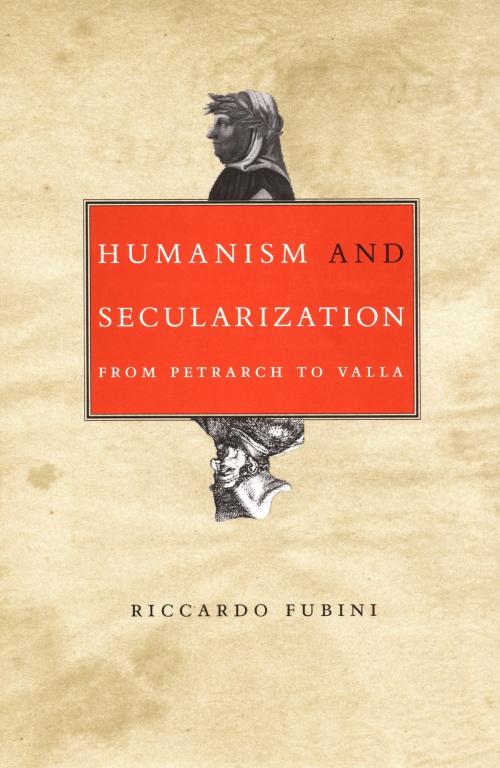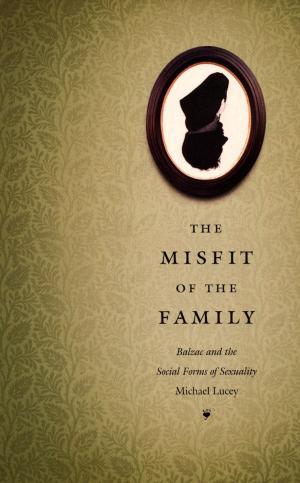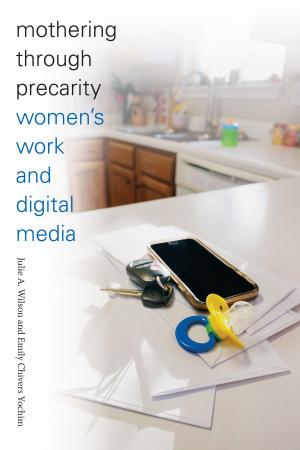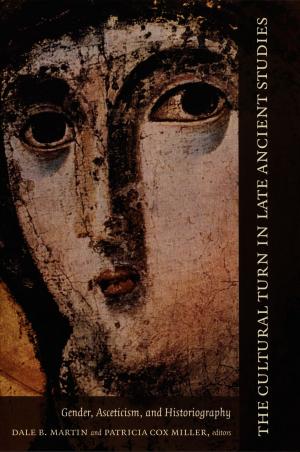Humanism and Secularization
From Petrarch to Valla
Nonfiction, Religion & Spirituality, Philosophy, Medieval, Humanism| Author: | Riccardo Fubini | ISBN: | 9780822384014 |
| Publisher: | Duke University Press | Publication: | January 22, 2003 |
| Imprint: | Duke University Press Books | Language: | English |
| Author: | Riccardo Fubini |
| ISBN: | 9780822384014 |
| Publisher: | Duke University Press |
| Publication: | January 22, 2003 |
| Imprint: | Duke University Press Books |
| Language: | English |
The Renaissance movement known as humanism eventually spread from Italy through all of western Europe, transforming early modern culture in ways that are still being felt and debated. Central to these debates—and to this book—is the question of whether (and how) the humanist movement contributed to the secularization of Western cultural traditions at the end of the Middle Ages. A preeminent scholar of Italian humanism, Riccardo Fubini approaches this question in a new way—by redefining the problem of secularization more carefully to show how humanists can at once be secularizers and religious thinkers. The result is a provocative vision of the humanist movement.
Humanism and Secularization offers a nuanced account of humanists contesting medieval ideas about authority not in order to reject Christianity or even orthodoxy, but to claim for themselves the right to define what it meant to be a Christian. Fubini analyzes key texts by major humanists—isuch as Petrarch, Poggio, and Valla—from the first century of the movement. As he subtly works out these authors’ views on religion and the Church from both biographical and textual information, Fubini reveals in detail the new historical consciousness that animated the humanists in their reading of classical and patristic texts. His book as a whole shows convincingly just how radical the humanism of the first half of the fifteenth century was and how sharply it challenged well-entrenched ideas and institutions. Appearing here in English for the first time, his work provides a model set of readings of humanist texts and a critical perspective on Italian humanism that will alter and enrich discussion and understanding of the nature of the humanist movement.
The Renaissance movement known as humanism eventually spread from Italy through all of western Europe, transforming early modern culture in ways that are still being felt and debated. Central to these debates—and to this book—is the question of whether (and how) the humanist movement contributed to the secularization of Western cultural traditions at the end of the Middle Ages. A preeminent scholar of Italian humanism, Riccardo Fubini approaches this question in a new way—by redefining the problem of secularization more carefully to show how humanists can at once be secularizers and religious thinkers. The result is a provocative vision of the humanist movement.
Humanism and Secularization offers a nuanced account of humanists contesting medieval ideas about authority not in order to reject Christianity or even orthodoxy, but to claim for themselves the right to define what it meant to be a Christian. Fubini analyzes key texts by major humanists—isuch as Petrarch, Poggio, and Valla—from the first century of the movement. As he subtly works out these authors’ views on religion and the Church from both biographical and textual information, Fubini reveals in detail the new historical consciousness that animated the humanists in their reading of classical and patristic texts. His book as a whole shows convincingly just how radical the humanism of the first half of the fifteenth century was and how sharply it challenged well-entrenched ideas and institutions. Appearing here in English for the first time, his work provides a model set of readings of humanist texts and a critical perspective on Italian humanism that will alter and enrich discussion and understanding of the nature of the humanist movement.















